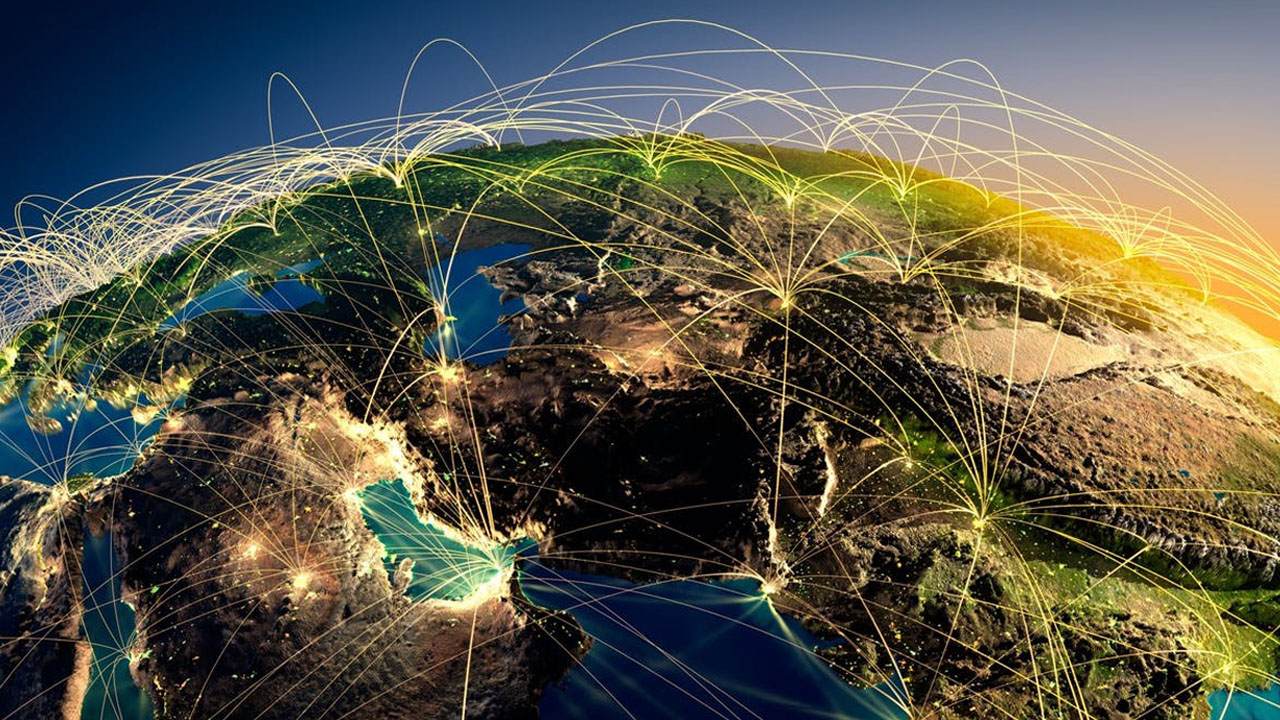
Despite requests from the Ukraine government and others to halt Russia’s access to the net, ICANN and Starlink won’t block Russia from the internet amidst the ongoing war in Ukraine.
The initial request came from Andrii Nabok, ICANN’s Ukrainian representative (via zdnet), and Mykhailo Fedorov, Ukraine’s vice prime minister and minister of digital transformation – the latter of which has been pleading with tech and gaming companies to boycott Russia.
If they revoked Russia’s top-level web domains “.ru”, “.рф”, and “.su” and its SSL certs, it would effectively cut off Russia from the main bits of the internet. ICANN replied while noting such an action would cause more harm than good, warning the implications would overshadow any good intentions.
“In our role as the technical coordinator of unique identifiers for the Internet, we take actions to ensure that the workings of the Internet are not politicized, and we have no sanction-levying authority,” ICANN CEO and president Göran Marby said. “Essentially, ICANN has been built to ensure that the Internet works, not for its coordination role to be used to stop it from working.”
“Within our mission, we maintain neutrality and act in support of the global Internet,” Marby added. “Our mission does not extend to taking punitive actions, issuing sanctions, or restricting access against segments of the Internet—regardless of the provocations. ICANN applies its policies consistently and in alignment with documented processes. To make unilateral changes would erode trust in the multistakeholder model and the policies designed to sustain global Internet interoperability.”
Starlink began providing wireless internet access to all in the region, but non-Ukraine governments apparently requested they stop providing internet to Russian news sources (many are openly state propaganda), which Starlink refuses to do.
“Starlink has been told by some governments (not Ukraine) to block Russian news sources,” founder, CEO and CTO Elon Musk said. “We will not do so unless at gunpoint. Sorry to be a free speech absolutist.”
While the Internet Corporation for Assigned Names and Numbers (ICANN) is the governing body for all internet domains, Starlink is our spaceman son’s side-project to beam the internet to everywhere in the world via his army of satellites in space.
Having both these organizations block internet access to Russia and their news sources in Ukraine would affect everyone in the regions, not just the Russian government, and thus innocent people would be left without access to what many consider a key infrastructure to modern life.
Non-profit Internet Society CEO Andrew Sullivan also talked up the dangerous implications of cutting off internet access like suggested above. He warned it could lead to a “splinternet,” or “the splintering of the Internet along geographical, political, commercial, and/or technological boundaries.”
“Cutting a whole population off the Internet will stop disinformation coming from that population—but it also stops the flow of truth,” he said.
Sullivan added, “These proposals miss something fundamental about the Internet: it was never designed to respect country borders. The idea of unplugging a country is as wrong when people want to do it to another country as it is when governments want to do it to their own.”
“Internet connectivity means anyone with access can use the Internet to communicate. This means aggressors and opponents alike,” Sullivan said. “Unlike most historical communication methods, the Internet is astonishingly resilient when conditions for connection are bad. It’s not magic. It won’t end wars or invasions. But it is a great tool for humans to use against their oppressors.”
News that ICANN and Starlink won’t block Russia from the internet may come as a surprise to some after countless tech and gaming companies have cut off sales and services in the region, in protest of the ongoing war in Ukraine.
Previously, Activision Blizzard halted sales in Russia over the Ukraine war, Microsoft halted all new sales and services, The Witcher and Cyberpunk 2077 developer CD Projekt RED halted their sales in Russia, while ESL has suspended Russian esports teams and tournaments in the region. Polish developer Bloober Team also stopped their sales in the region.
This is Niche Gamer Tech. In this column, we regularly cover tech and things related to the tech industry. Please leave feedback and let us know if there’s tech or a story you want us to cover!